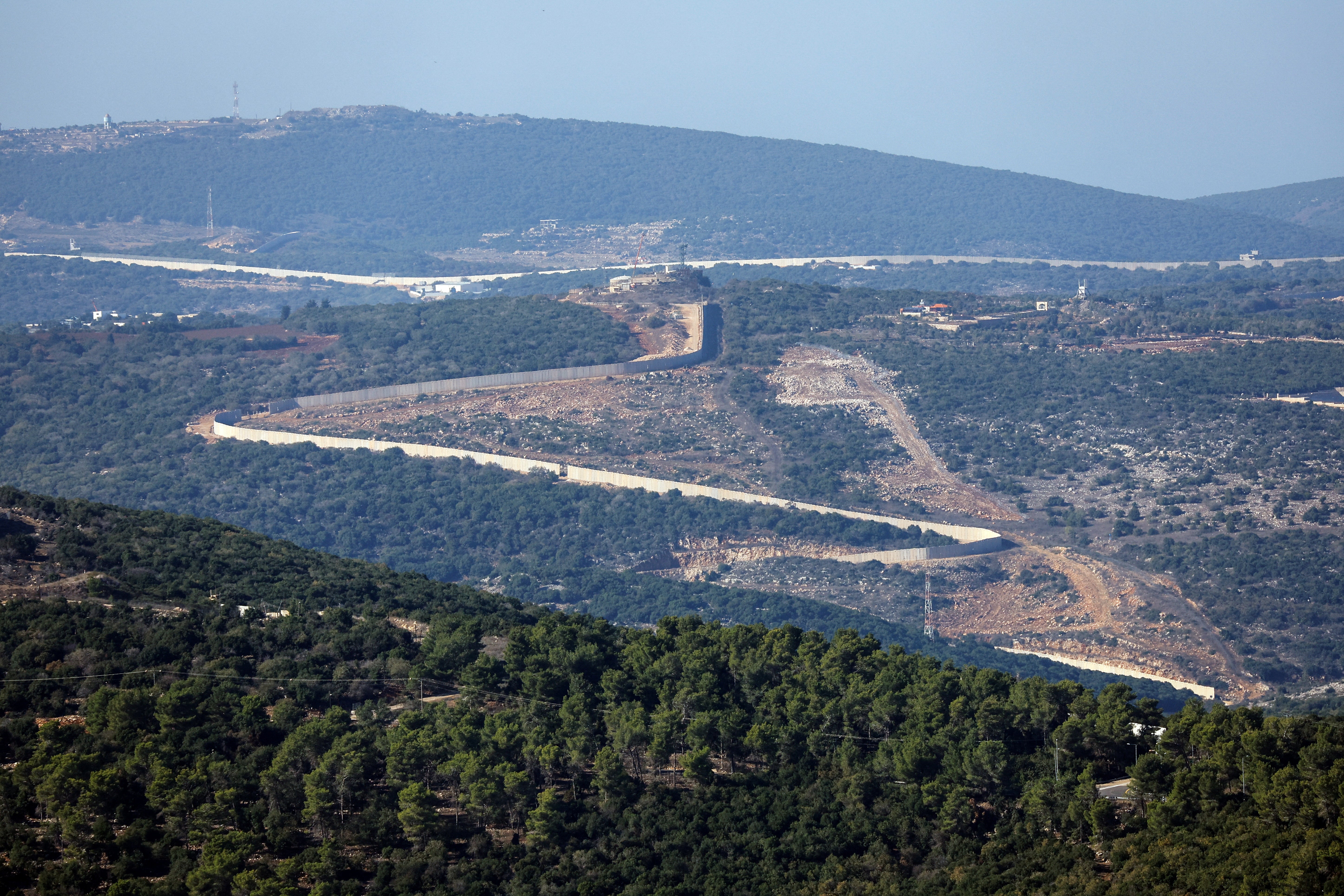UK withdraws staff from Lebanon embassy as foreign office warns against all travel
The Foreign Office has withdrawn all staff from its Lebanese embassy and has warned against all travel

The Foreign Office has withdrawn staff from its Lebanese embassy and has warned against all travel to the country as tensions rise with neighbouring Israel.
It advised against travelling to Lebanon, which is on Israel’s northern border, due to risks associated with the conflict between Israel, Gaza and the West Bank.
It comes after Israeli warplanes conducted airstrikes along the border with Lebanon on Saturday as the militant Hezbollah group attacked several Israeli army posts, including one that was struck with two large rockets.
“There are ongoing mortar and artillery exchanges and air strikes in South Lebanon, on the boundary with Israel. Tensions are high and events could escalate with little warning, which could affect or limit exit routes out of Lebanon,” the FCDO’s website said.
“There is also a risk of civil unrest. There have been large protests outside embassies, including outside the US and French embassies on 17 October. Further protests are expected. British nationals should exercise caution and avoid areas where demonstrations may be held.
“Due to the security situation, some staff at the British embassy and all family members of staff have been temporarily withdrawn. The embassy continues with essential work including services to British nationals.”
The Israeli airstrikes killed four civilians, including a woman and three children, according to local reports. Two civilian cars carrying members of the same family were driving between the towns of Ainata and Aitaroun on Sunday when they were hit by the missile.
One of the cars was hit directly and burst into flames, the report said. One woman and three girls, ages 10, 12 and 14 were killed, and others were wounded.
Israeli military spokesperson Daniel Hagari didn’t comment on the details, but said: “We study and investigate all incidents that take place to know the details.”
Lebanon’s caretaker prime minister, Najib Mikati, condemned Israel for the attack, calling it a “heinous crime.” He said that Lebanon will file a complaint to the UN Security Council.

On Friday, Hezbollah’s leader Sayyed Hassan Nasrallah said he was prepared to use all options against Israel and he could “resort to them at any time.”
Israeli prime minister Benjamin Netanyahu responded by warning Hezbollah it would “pay dearly” if the militant group “tested us”.
Exchange of gunfire has been on the rise along the Lebanon-Israel border following the 7 October attack by the Palestinian militant Hamas group that killed more than 1,400 civilians and troops in southern Israel.
Hezbollah started attacking Israeli positions on 8 October in the disputed Chebaa Farms area along Syria’s Israeli-occupied Golan Heights and within days the attacks spread to cover the whole border area.
Join our commenting forum
Join thought-provoking conversations, follow other Independent readers and see their replies
Comments


Bookmark popover
Removed from bookmarks